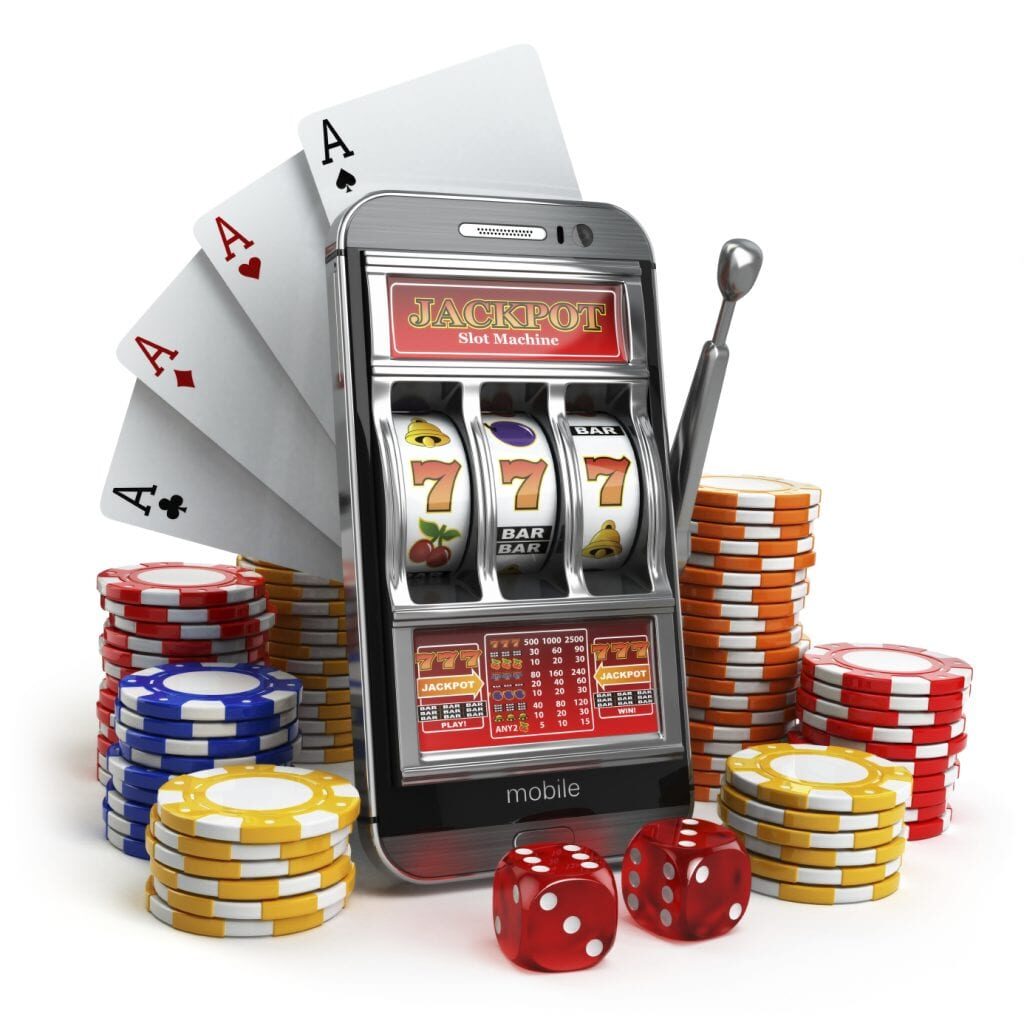Insights < BACK TO ALL INSIGHTS
Social Casino Survives Latest “Gambling” Lawsuit
Social Casino Survives Latest “Gambling” Lawsuit
By: Ifrah Law
It’s a familiar sight: rows of men and women, on a bus or a subway, hands and eyes glued to their phones. But they’re not talking or texting or e-mailing. They are playing slots, though not for real money. This is the world of social casino – the subgenre of social gaming featuring casino-style games such as slots, blackjack, and poker. And it’s a huge business.
What makes social casino so popular? One reason is that most of the time, it’s free. Play chips are gifted to the user to “gamble” any way he or she wants. Like most social games, social casino is also portable. SuperData Research says that 75% of social casino players play predominantly on a phone, not a desktop. But unlike many other, more complex, social games – for example, the massively popular League of Legends – social casino is designed to be as simple to play as possible. Gameplay is basic and rewards come fast; the player is blasted with gratification while putting in minimal effort.
But if social casino is free to play, how does it make $3 billion a year worldwide? The answer is “microtransactions” – the sale of virtual currencies. Although play chips are given out freely, there are limits on how much and how often. Most players are okay with the free chips, but some would pay for more. So the social casino operators began to sell play chips for real money, even though they cannot be cashed out like casino chips.
DoubleDown Casino is one of those operators. All of its games are chance games – including slots, roulette, blackjack, etc. – but available free of charge on the Internet through a browser, an app, and Facebook. First time players are given one million in chips to start, with the option to purchase more if they run out. None of the chips – free or purchased – can ever be cashed out for real money.
In January 2013, Illinois resident Margo Phillips began to play on DoubleDown through her Facebook. She also began buying chips after using all of her initial free chips. Over the course of two years, Phillips bought $1,000 worth of play chips. In April 2015, Phillips filed suit against DoubleDown in the Northern District of Illinois, accusing the play-for-fun social casino of running “nothing more than camouflaged unlawful games of chance.” Phillips argued that DoubleDown was profiting illegally from thousands of Illinois players, in violation of the Illinois Loss Recovery Act. In its response to Phillips’s claims, DoubleDown argued, among other things, that 1) its casino games were not gambling devices under the statute, and 2) it was not a winner, nor was Phillips a loser.
The Illinois Loss Recovery Act (“ILRA”) provides an avenue for the “losers” to recover money or something of value from the “winners” if it is gambled unlawfully. (The state of Illinois, which regulates casino gambling, defines gambling as “knowingly play[ing] a game of chance or skill for money or other thing of value.” 720 ILCS 5/28-1(a)(1)). Phillips argued that she and DoubleDown respectively fit the definitions of a “loser” and a “winner” under the ILRA. But the court didn’t see it that way.
In dismissing Phillips’s case in March of this year, the court articulated its position: purchasing play chips does not constitute gambling, because after they’re bought, the play chips can never be cashed out; the social casino keeps the money regardless of whether the player wins or loses. Therefore, DoubleDown has no stake in the outcome. The only risk was the possibility of losing Ms. Phillips’s continued business, and the court held that risking such potential future sales differs from losing its own money or thing of value. Therefore, Ms. Phillips was not a “loser” and DoubleDown was not a “winner.” Though the case was dismissed, the court did not agree with all of DoubleDown’s defenses – among which was a claim that its casino games are not gambling devices because they are not “physical, tangible machines.” So what? the court said. As long as a game lets a player bet, win, or lose money, it’s a “gambling device” whether it is online or encased in plastic.
This was not the first time that a court weighed in on whether play chips have gambling-like value. Just a few months before Phillips, a federal court in the Western District of Washington struck down an almost identical case. In Kater v. Churchill Downs Incorporated, the plaintiffs filed suit against a free-to-play social casino that also sold play chips, invoking a comparable loss recovery act in that state. Here, the plaintiffs went even further by claiming that the play chips did have value – not just because they extended gameplay, but also because they could be resold for real money on a secondary market that, the plaintiffs alleged, the defendants knew about and benefited from.
Again, the court rejected the plaintiffs’ arguments and sided with the defendant, pointing to the social casino’s terms of use, which specifically stated that the chips could not be exchanged for cash or merchandise. Whoever did so would therefore be violating the terms of use. As for the extended gameplay argument, the court found that this doesn’t amount to “value,” because it doesn’t yield cash or prizes.
Despite repeated prosecution, social casino keeps coming out unscathed from accusations of “gambling.” But is that really true? At best, litigation over virtual currency can be costly and distract from other business; at worst, it can give the public a sketchy view of the social casino industry. At a minimum, people in social casino should follow cases like Phillips and Kater to see how tenaciously some players try to get their money back. For now, social casino seems safely in the clear – but as the casino world knows very well, even heavy favorites can sometimes lose.





